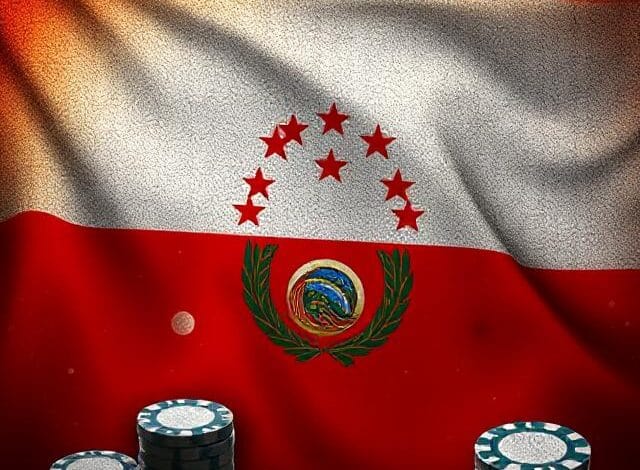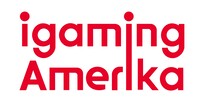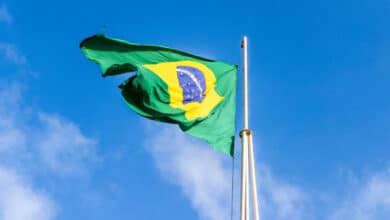Paraguay Implements Landmark Reforms to Open Gambling Sector to Private Operators

Paraguay has recently taken a significant step towards reforming its gambling industry with the enactment of Law No 7348/2025. This legislation, signed on Wednesday, amends and broadens the existing framework established by Law No 1016/1997. The new law introduces a regulatory system that allows private operators to participate in both online and land-based games of chance, moving away from the country’s previous monopoly model.
The shift away from a state-controlled gambling monopoly began in late 2024 when the Paraguayan Chamber of Deputies approved amendments that ended the exclusive public tender process for exploiting national games of chance. The updated legislation aims to modernize and strengthen regulation, fostering a more transparent and efficient market environment.
A key outcome of these reforms is the formal establishment of the National Gaming Commission (Conajzar), which now operates as a decentralized body under the National Directorate of Tax Revenue (DNIT). This restructuring grants Conajzar broader authority to oversee the sector and oversee a competitive market, with the goal of increasing the state’s revenue from gambling activities.
Conajzar President Carlos Liseras highlighted that the country’s tax burdens are among the lowest in the region and emphasized Paraguay’s strategic importance as a destination for visitors. He pointed out that protecting minors from illegal gambling was a primary motivation behind the new regulations. Liseras also noted that the legal clarity provided by the reforms offers greater security for both domestic and foreign investors involved in licensed gambling operations.
Read also: Ohio Advances Toward Legalizing Online Poker and Casino Games
The legislation clarifies Conajzar’s responsibilities, which include authorizing the operation of various games of chance and issuing relevant regulations at multiple government levels. The regulator will also approve new game types and enforce sanctions against operators functioning outside legal boundaries. To support these efforts, Conajzar will coordinate with DNIT, which will review and validate licensing processes and bidding procedures. A DNIT representative will serve as chairperson within Conajzar, ensuring oversight and adherence to standards, with other government entities participating in decision-making.
Liseras revealed that gambling-related tax revenues in Paraguay reached a record PYG175.8 billion (approximately $21.9 million) in 2024. He expressed optimism that these figures could double or even surpass current levels now that DNIT is involved, citing enhanced capacity to combat illegal gambling and tax evasion.
The new licensing process sets clear requirements for bidders, emphasizing experience in the gambling industry, sufficient financial resources, and a clean legal record both locally and internationally. Operators will be required to ensure their electronic gaming machines and software comply with Conajzar’s guidelines, verified by accredited inspection agencies. Additionally, gambling venues must be located at least 200 meters from educational institutions.
Liseras anticipates that these reforms will significantly benefit Paraguay’s gambling sector and the country’s economy by increasing contributions and curbing illegal operations. The regulator plans to maintain ongoing communication with existing operators and new entrants, fostering collaboration and oversight. Furthermore, Paraguay has signed agreements with other government agencies and international partners to optimize control measures and expand regulatory cooperation, signaling a promising future for the country’s regulated gambling industry.











